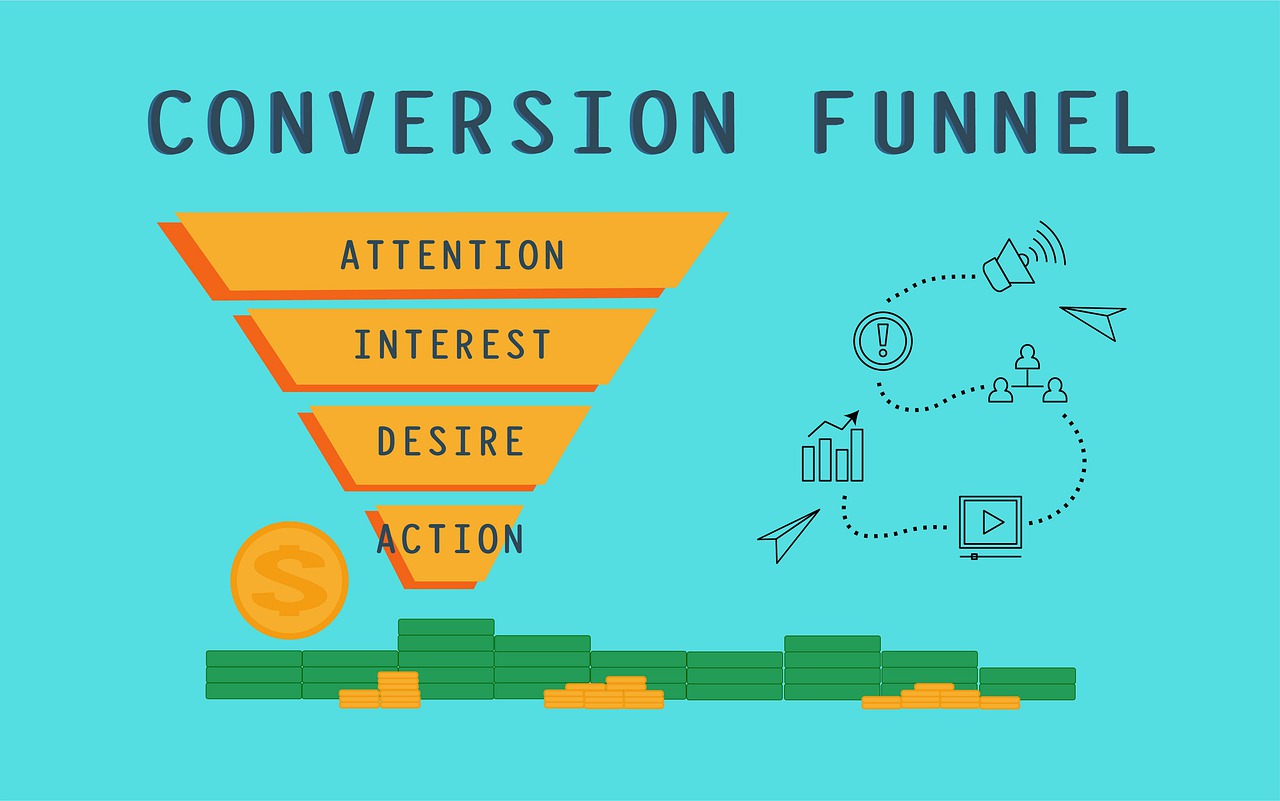To sell is to be able to answer the following 4 questions the customer has in their mind. These are not earth-shattering questions but what you answer and the way you answer them hold the answer to whether you make a great sales conversation and make the sale.
- Why?
- Why You?
- Why You Now?
- Why You Now at this price?
Let’s dig deeper into them.
Why do I need this product or service that you are selling?
Whether you have reached the customers through outbound reach or they have reached out to you through inbound channels this question needs to be answered first. The need needs to be established very early in the process. If not done so, the process may take its course but both parties would be left without any gains at the end of it.
The customer may or not may be aware of whether they need it in the first place. Before presenting the solution, it is very important to lay bare the problems and discuss their impact.
Let me take an example of my own company’s software solution. We sell B2B software to help and manage statutory and regulatory compliances of organizations. Before I present the solution, I need to get deep into the challenges currently being faced by the companies. Are they paying penalties or interest payments due to non-compliance? How serious is the risk of license cancellation and imprisonment to the senior management? How much time and resources are spent on manual data entry and follow-ups by the team members? If the negative impact of the non-compliance is not significant enough for the customer, the chances of the customer buying from you are significantly less.
As a salesperson, we should be in a position to establish that if you use our product or service you will be generating x amount of extra revenue or saving y amount of cash, or minimizing z amount of risk. The dollar value of the problem being solved should be 10x (times) the cost of the product. Start with the Why?
Why should I buy from you and not from somebody else?
This question will and should arise only after the Why is answered. This is a tougher question to answer. Unlike in olden times, the information disparity has tilted in the favor of the customers. Earlier the salesman had the product and the market knowledge but with the internet, the customers have become more informed and hence smarter. It has been reported that the customers connect with the salesman after they have already done 67% of their research. They know what they are looking for, what is available in the market, and what is the price of different solutions available.
As a salesperson, we might have gone through competitor analysis reports but it is never going to be as up-to-date as what information the customer may be having. The customer can just pick up the phone and ask any relevant question to the different vendors, a luxury not be available to the salesperson. Despite this disparity, the salesperson must keep a close eye on its competitors.
Another thing a salesperson can do is to differentiate itself better. They can let the customer know why they are ‘different’ and what makes their customers loyal to them. Share information and success stories relevant to the customer. They can also win the trust of the customers gradually, with the full intention of maintaining it, and assure them that they are looking at the long-term and mutually beneficial relationship.
One important thing to keep in mind is not to bad-mouth the competitor. It is ok to differentiate your product and sell your unique selling point (USP).
Why should I buy from you now?
Ok now that you have established that the customer needs your product or service and that you are the right person to help them with it, their next concern would be why should I buy it now.
There are various excuses you are likely to face.
- Let me think about it.
- The management will make a decision.
- It’s not a priority now.
If the customer is replying on these lines then the chances are that the salesperson has failed to establish the need clearly and create urgency. They did not go deep enough into the first question of Why they need your product in the first place. It could also be, in some rare cases, that the product does not solve a significant problem. We will assume that this is not the case.
Now is the question of time. Coming back to my example, I would ask if the customer ( a company in this case) has paid any fine? What was the total amount paid? Did they know the total risk of penalties due to non-compliance for their organization? If the savings is greater than the cost of the software solution then the software pays for itself. The skill is in getting to that cost-saving or the additional revenue number and comparing it to the price of the software.
Buyers are most likely to avoid the pain of negative impact rather than improve an existing system. The thought is “Why mend if it ain’t broke?”. It helps them save money and effort. An effective salesman is a person who is highlighting the pitfalls of not buying now and nudging the prospect to make a decision.
Why should I buy from you now at this price?
If the sales conversation has reached this stage, price is usually not an issue. In B2B sales, multiple quotes are requested from different vendors which are analyzed, discussed, and then decided. This is again a situation where the salesperson will be dealing with lesser information than the customer. Ethically they are not allowed to share quotes from other vendors, so it is really about differentiating yourself and showing value and success stories.
The important thing to note is that if they are talking to you means they are still giving you a chance to improve your proposal or show them more value. The salesperson needs to grab this opportunity by focusing more on value and less on price. If the product is good and the first 3 questions have been answered correctly then the price will be negotiated with a win-win mindset.
Conclusion
As you may have noticed the questions are basic and are a part of any sales conversation. The trick is in answering them in a manner that positively impacts the customers into deciding in your favor. A lot of the sales conversation will happen non verbally. The salesperson needs to be confident about their product, company, and themselves and treat the customer as an equal (not superior). The more such situations the salesperson faces the better they get at answering these questions. The 4 customer questions framework is a good way to have a great sales conversation.
Do you prepare for any other question that you frequently encounter in your sales conversations? Do share.
Also if you want to learn How to qualify leads for higher sales then click on the link and don’t forget to leave your questions and comments.




I really love the way you discuss this kind of topic.’-;.’
Thanks a lot.